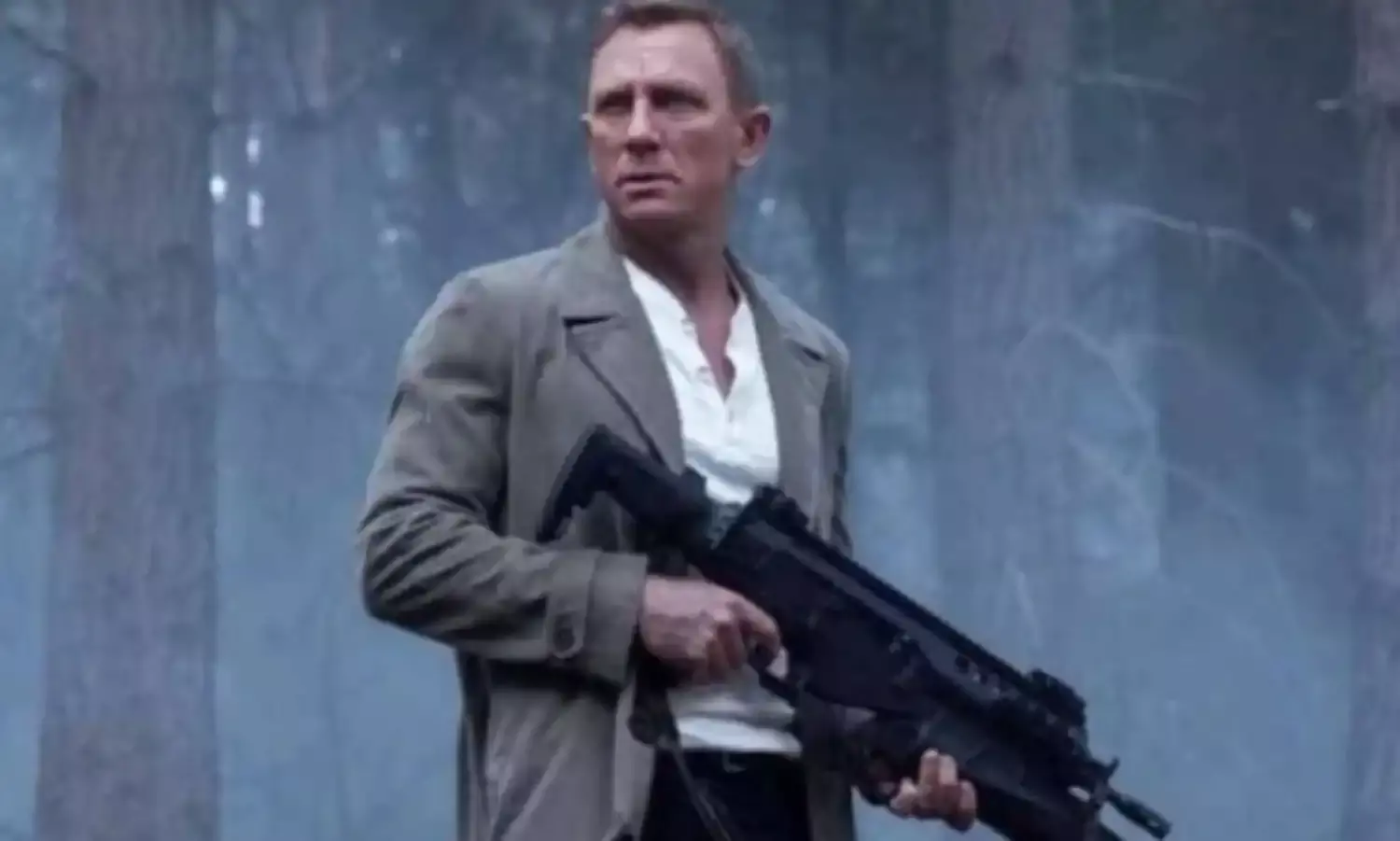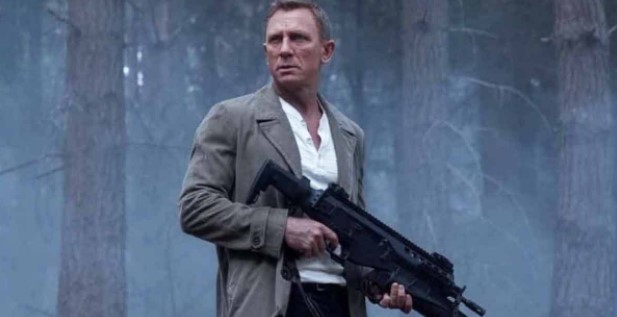No Time to Die: No Time to Write a Script?
Daniel Craig shines in this film that sounds better than it is to watch

Helmed by Cary Joji Fukunaga (of Beasts of No Name fame) the Bond franchise’s latest and much delayed entry No Time to Die promises a side of Bond that we have never seen before. Indeed the film, supposed to be Daniel Craig’s swan song, deals with love and loss the likes of which are a rare sight in the testosterone filled half century old legacy of Ian Fleming’s famous spy.
That makes No Time to Die a unique entry in the Bond franchise. But it also comes packed to the brim with the usual thrills and chills that are a must in any Bond film. What is really heartening is the way the filmmakers incorporate classic Bond tropes into this very modern hi-tech film. The throwback to the classic Dr. No Bond walk in and shoot, or the old school Aston Martin packed with Bond paraphernalia, like machine guns shooting out of the headlights or smoke billowing out of the exhaust to blind Bond’s enemies, take one back to the good old days when James Bond simply meant some mean testosterone filled fun.
But that is no longer the world we live in. Therefore, we get a more sensitive James Bond with no sign of the toxic male misogyny we have come to associate with 007 all these years. Would you believe it if I told you that not once in the entire film does Bond sleep with, or even really attempt to sleep with, any woman he is not sincerely in love with? Not even when women as gorgeous as Ana de Armas (in too short an appearance) appear besotted with him…
No, our hero’s sights this time are set on his lady love Madeline (Lea Sedoux) with who he hopes to settle down but still cannot trust after the betrayal by Vesper Lynd in Casino Royale. As the film begins, we are in Italy with the happy couple as Bond tries to let go of Vesper once and for all in an attempt to settle down with Madeline. But an unexpected attack has Bond rethinking the loyalties of his lady love, who he ultimately chooses to abandon because he believes she betrayed him.
Daniel Craig, as he has been for a decade and a half now, is truly the soul and swag of this film. Surely one of the best Bonds ever, he brings new complexity and layering to the character this time around. In his every move, doing nothing overt, he brings to Bond a body language befitting a spy who has been around a while, who has been there done that, fighting off unimaginable odds for a living, and who after all these years can still pack a punch without breaking a sweat. It is clear that for Craig Bond is not simply a symbol but a real person with an arc - one he hopes will stay in the mind of audiences for generations to come.
But while the intention to leave the Bond character someplace he has never been before is noble, and the attempt truly valiant, the makers falter in the execution. The big emotional reveal at the end of the film, which is meant to humanize this superheroesque character more than anything else, comes and goes without much of an impact at all - not because we are not invested in the character but because of lazy writing and shoddy execution. Craig tries his level best to justify Bond’s ultimate sacrifice, but the writing is so lazy it fails to tug at our heartstrings. And that is nothing short of a crime.
To take a character loved by generations, promise catharsis, and eventually disappoint so close to the goal for no reason apart from laziness, has to go down as a cinematic crime.
Another critical area where No Time To Die falters is the villain. We know all too well that a Bond film without a menacing villain is no Bond film at all. Unfortunately, we can add Rami Malek’s Sefin to a list of the most drab Bond villains ever. Starting off well enough, in a flashback at the beginning of the film where he terrorizes the child Madeline and kills her mother, that is sadly also the character’s high point. His eventual plot to weaponise a deadly virus, while topical, lacks common sense and motivation. In fact the villain’s motivations are inexplicable all the way to the end of the film, where he literally hands Bond the only thing that could have kept our super spy at his mercy…
No Time to Die ultimately seems like a film that sounded great as a story but was completely and totally botched as a screenplay. It seems as if the makers took for granted that just the mere fact that they were giving the much loved spy an emotional arc and sendoff like no other would make a memorable film. They never bothered to actually do it well. Which is a tragedy given the lengths that Craig goes to at the end of the film to leave the character on an emotional high.
It is with utmost sadness, then, that I must say that Daniel Craig’s Bond goes out with a whimper and not a bang. Stirred, not shaken.




